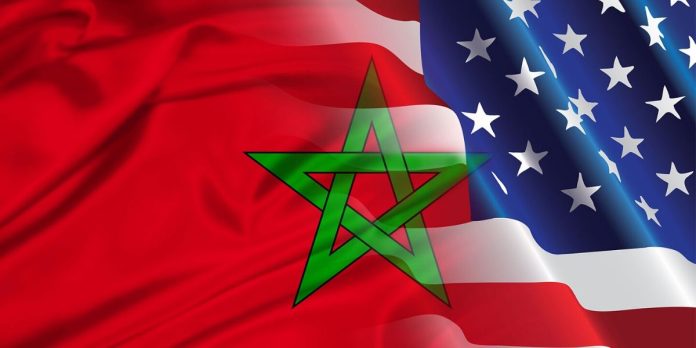Moroccan students hoping to study in the United States now face a stricter application process, as U.S. authorities have begun requiring access to their social media profiles as part of the student visa screening. The new rule, which affects all applicants for F, M, and J visas—covering university programs, vocational training, and academic exchanges—has already been implemented, according to the U.S. Embassy in Rabat.
This measure is part of a broader effort to tighten background checks for all foreign applicants. Moroccan students, like their peers from other countries, must now ensure that their accounts on platforms such as Instagram, Facebook, TikTok, and X (formerly Twitter) are publicly accessible for the entire duration of the visa application process. The change follows a directive from the U.S. State Department issued on June 18, and it aligns with a presidential proclamation that took effect on June 9, aimed at strengthening national security and immigration controls.
In practical terms, this means consular officers will not just assess academic records or financial documentation, but also carefully review the digital presence of each applicant. The goal is to verify identities more thoroughly and detect any potential red flags that could indicate a security concern or a reason to deny entry under U.S. immigration law.
For Moroccan students, who represent a growing portion of the international student body in the U.S., the policy marks a significant shift. Many already navigate a complex application system involving interviews, paperwork, and financial proof. Adding social media scrutiny introduces a new layer of vulnerability and uncertainty, especially for young people used to expressing themselves freely online. A post made years ago, taken out of context, could now potentially influence the outcome of their visa.
Despite these challenges, the embassy has confirmed that appointments for student visas will soon resume after a temporary pause. Moroccan applicants are advised to keep a close eye on the official website for updates and available time slots.
As competition for study abroad opportunities intensifies, Moroccan students must now balance the ambition of earning a U.S. degree with the reality of increased digital surveillance. For many, the dream of studying in America has never been more appealing—or more complicated.
